Madhur Anand, University of Guelph, Canada 
Dr. Anand will discuss how she came to poetry-writing in her career as a scientist as well as her experiences of the two-way relationship between poetry and science she has encountered since then. She will also read and comment on a few poems from her book, including poems "found" from her own scientific articles in conservation ecology.
Virgilio Hermoso, Forest Science Centre of Catalonia, Spain 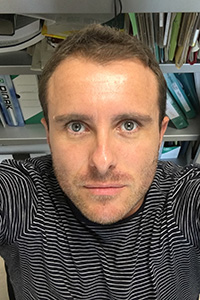
Dr. Hermoso will talk about the future of freshwater ecosystems and asks whether the future will be utopia or dystopia in the face of climate change. He will introduce the complexities of catchment planning as well as several novel planning approaches, giving special attention to hydropower development and climate change.
Anne Larigauderie, IPBES, France 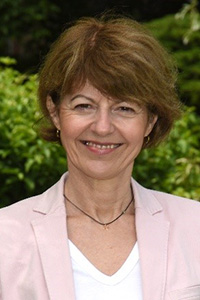
Executive Secretary Larigauderi will provide an overview of the key messages of the five IPBES assessments to be approved in by Governments in March 2018 with a particular focus on the Global Land Degradation and Restoration Assessment and the Regional European and Central Asia Assessment on Biodiversity and Ecosystem Services.
Atte Moilanen, University of Helsinki, Finland 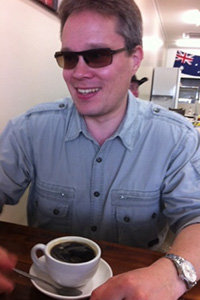
Research Director Moilanen will explore the important operative decisions that need to be considered when planning biodiversity offsets.

Cristiana Pașca Palmer, Convention on Biological Diversity, Romania/Canada
Executive Secretary Pasca Palmer will discuss the CBD's current work related to Aichi targets and perhaps provide a vision of the future i.e. what will come after 2020. She will also develop some ideas on how the Society for Conservation Biology could be of an assistance to the work CBD is conducting.
Will Steffen, Climate Council of Australia, Australia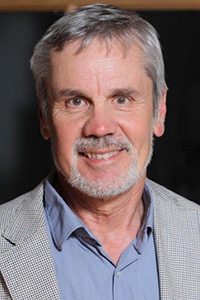
Professor Steffen will discuss the Anthropocene, Planetary Boundaries and the Biosphere.
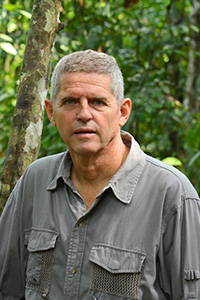
As the current war against poaching in Africa wages on, conservationists are fighting a losing battle. Despite increased resources being directed towards protected areas, corruption and mis-management continue to thwart real achievement. Unfortunately, this situation is not new, however we have reached a critical point where we no longer have time to continue making the same mistakes. What must change to shift the paradigm? Luis will discuss his experience in Dzanga Sangha Protected Areas, Central African Republic and Garamba National Park in DRC, and propose a new strategy for combatting these ongoing problems.